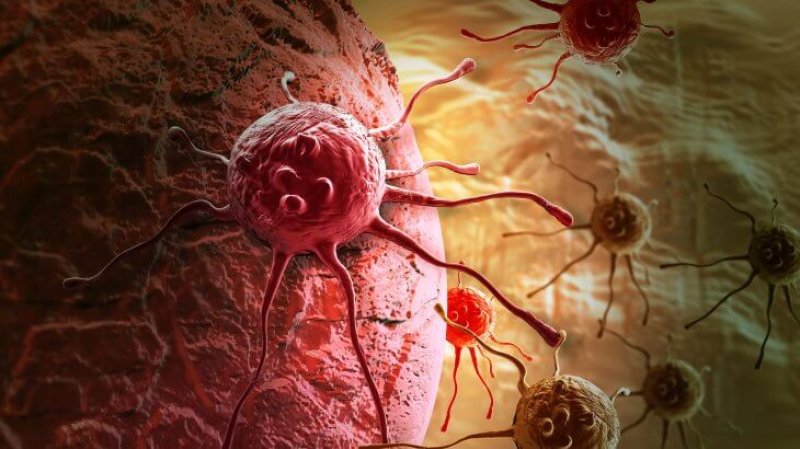A tiny change in our DNA that occurred after we evolved away from other primates has made us more prone to getting cancer, new research suggests.
Cancer is relatively rare in other primates. For example, autopsies of 971 non-human primates that died at Philadelphia Zoo in Pennsylvania between 1901 and 1932 found that only eight had tumours.
To learn why we are more susceptible to cancer, Christine Iacobuzio-Donahue at Memorial Sloan Kettering Cancer Center in New York and her colleagues compared hundreds of genes between humans and 12 non-human primate species.
They discovered that we have evolved a slightly different version of a gene called BRCA2 since we split from chimpanzees.
At this stage, we don’t know why BRCA2 has evolved to become less active in humans than in other primates, says Iacobuzio-Donahue. One possibility is that reduced BRCA2 activity has been selected for in humans to enhance fertility, since research shows that women with BRCA2 variants linked to cancer seem to become pregnant more easily, she says.
If so, this fertility boost may have come at the cost of higher cancer rates, she adds.































